Easing Anxiety & Disappointment Through Self Compassion: A Guide
Do you ever find yourself caught in a cycle of self-criticism and frustration? Thoughts like "What's wrong with me?" or "I should be better at this" can trigger a range of negative emotions, leaving us feeling anxious, disappointed, and even hopeless. But what if I told you that the very effort to push away these uncomfortable feelings might be intensifying them? It's time to explore the power of self-compassion in easing anxiety and disappointment.
To understand why this happens, we need to look back at our childhood experiences. When we were young, our caregivers played a vital role in helping us navigate strong emotions. Their acceptance, understanding, and support acted as a buffer, reassuring us that we were not alone and that we could manage our emotions. However, if our caregivers were stressed or unavailable, they might have been unable to provide the support we needed, inadvertently sending the message that expressing strong emotions was burdensome. Consequently, we internalized the belief that we should "get over it" and suppressed our feelings, only to have them resurface later with greater intensity.
This pattern of suppressing and fearing our emotions can contribute to anxiety and disappointment. We begin associating strong emotions, such as anger or sadness, with feelings of being alone, unsupported, and overwhelmed. Naturally, we try to avoid situations that trigger these emotions, but as certain as the sunrise, our feelings resurface, leading us to feel disappointed in ourselves for not effectively coping or suppressing them.
This is where self-compassion enters the picture. It's not the emotions themselves that cause anxiety, but rather how we perceive them. When we view our emotions as inherently bad, wrong, or inconvenient, it's no wonder we become anxious about experiencing them and disappointed when they arise. However, if we meet these emotions with acceptance, understanding, and self-support—the very support we may have missed as children—they lose their power to scare or disturb us. Gradually, we learn to manage them.
But how can we show ourselves compassion in the face of strong emotions? One helpful technique is to imagine a compassionate person, either real or imagined, who embodies kindness and non-judgment. Envision them saying, "I'm so sorry you're struggling right now. Tell me more about what's bothering you." Take a moment to express your thoughts and feelings, either aloud or in your mind. Now imagine the compassionate person responding, "It's completely understandable why you're upset. Is there anything within your control that could bring you some relief?" Sometimes, we find ourselves in situations beyond our control, and in those moments, it's essential to practice self-soothing. Consider going for a walk, practicing deep breathing exercises, or enjoying a cup of herbal tea. If there are actionable steps you can take, try breaking them down into smaller, manageable tasks and take one step when you feel ready.
With practice, our emotions become more manageable. We learn that regardless of what we feel, we can navigate our emotions with patience and compassion. Over time, our confidence grows, and we no longer fear or feel disappointed when faced with strong or uncomfortable emotions. Remember, this process takes time, and it can be beneficial to seek support along the way. Don't hesitate to reach out when you need it.
Warmly,
Tekin Meric, MSc
Counselor & Coach
If you would like to receive counseling or coaching support as you navigate your life issues, please feel free to reach out. I would be honored to hold a space for you online or in my practice in Amsterdam.



